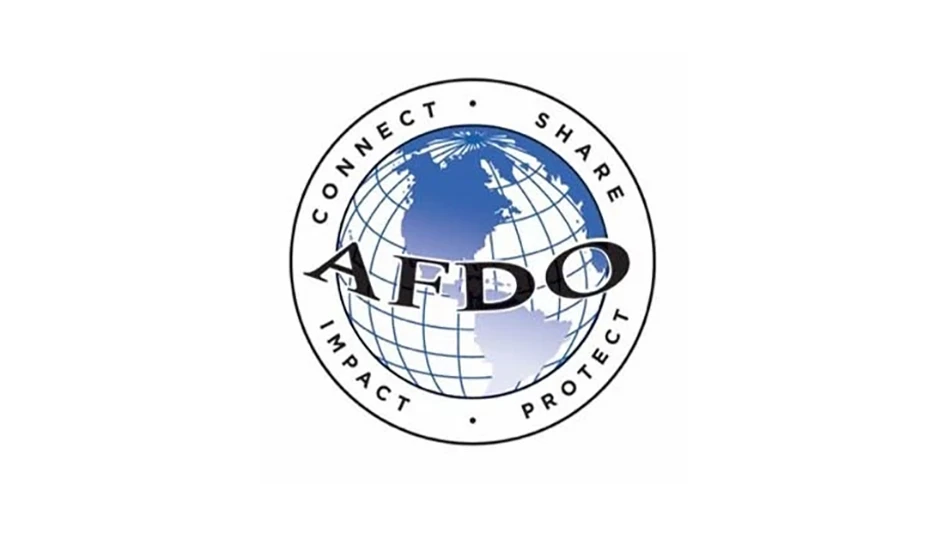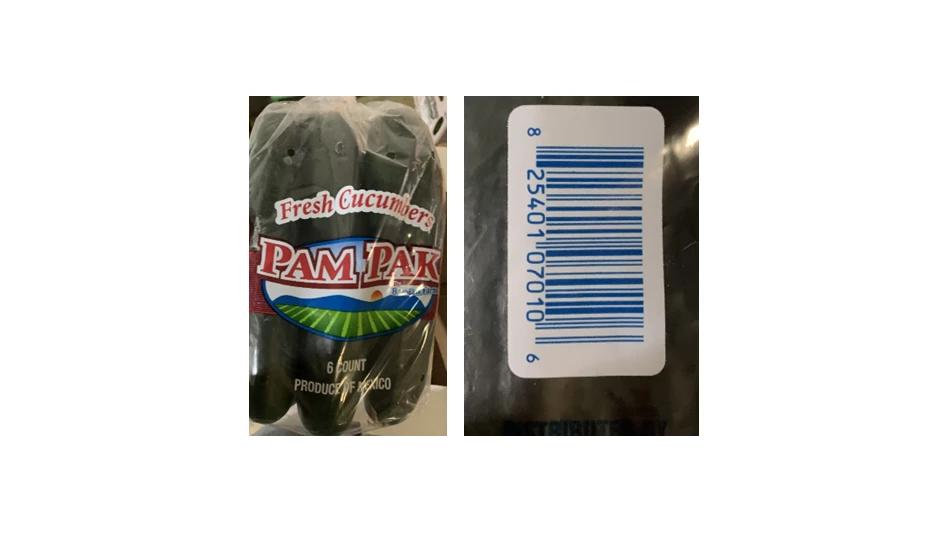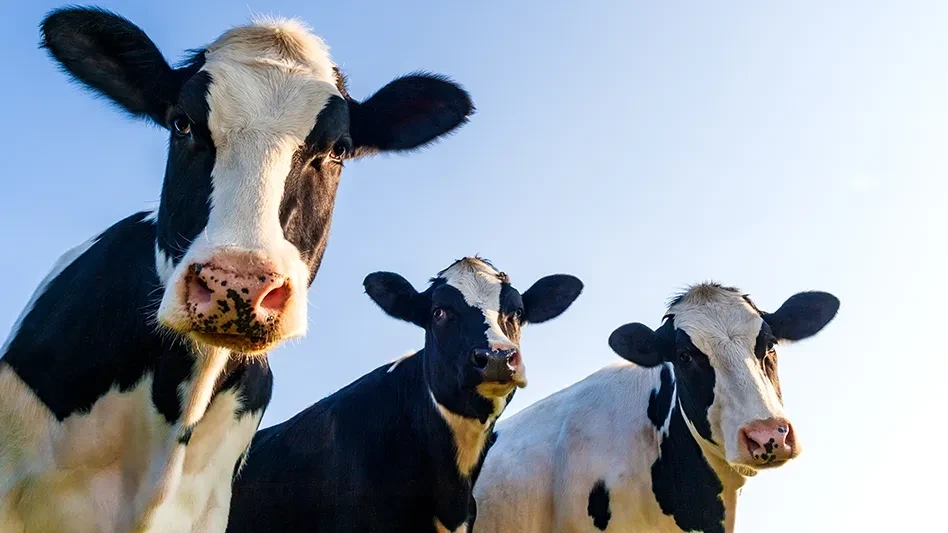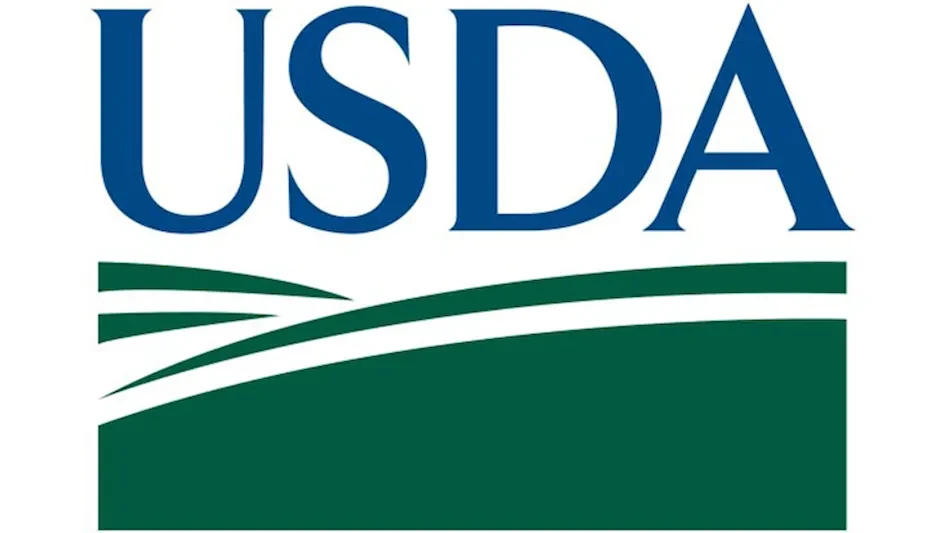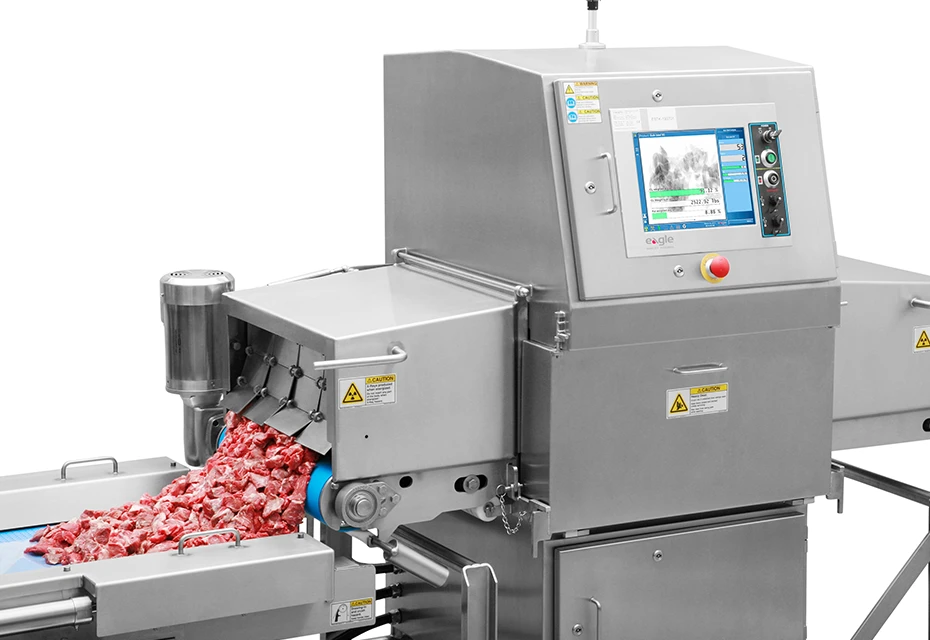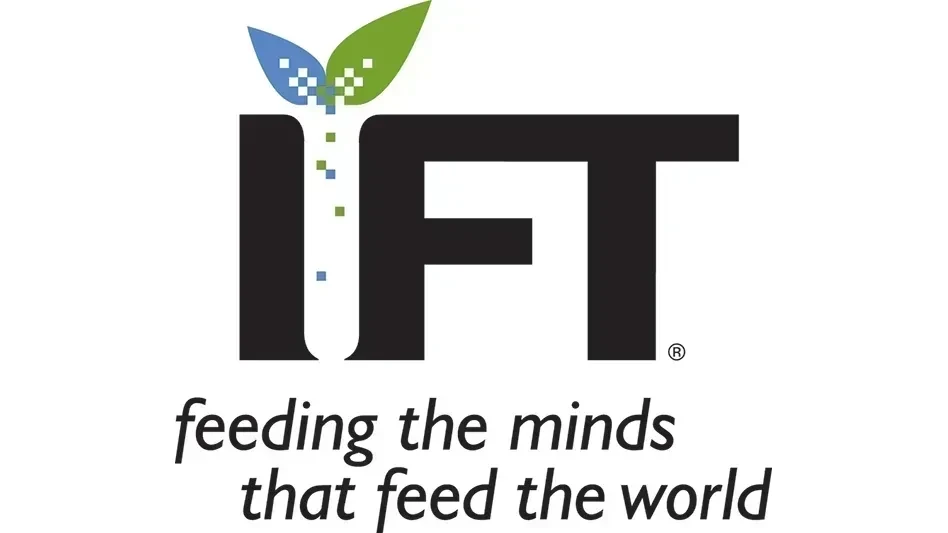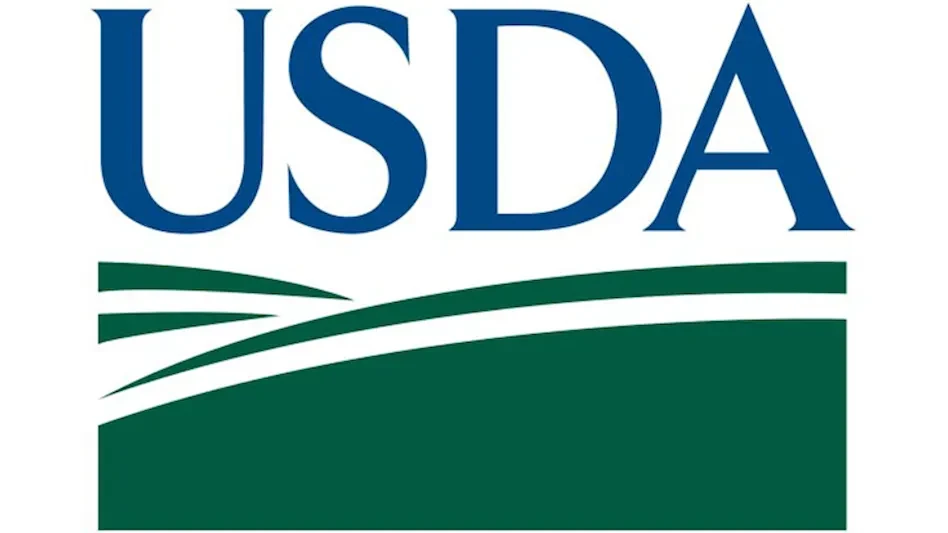
WASHINGTON, D.C. — The United States Department of Agriculture’s (USDA) Agricultural Marketing Service (AMS) announced it has a cooperative agreement with New Hampshire under the Resilient Food Systems Infrastructure Program (RFSI). Through this agreement, USDA and New Hampshire are working together to offer more than $2 million in competitive grant funding for projects designed to build resilience across the middle of the supply chain.
New Hampshire is accepting applications for this Infrastructure Grant funding through March 29.
In May 2023, USDA announced the availability of up to $420 million through RFSI to strengthen local and regional food systems. Through this program, AMS has entered into cooperative agreements with state agencies, commissions or departments responsible for agriculture, commercial food processing, seafood or food system and distribution activities or commerce activities in states or U.S. territories. RFSI is authorized by the American Rescue Plan. Updates for each state’s Request for Applications for the RFSI program are available on the AMS website.
“This partnership between USDA and New Hampshire is allowing critical funding to reach areas of the supply chain that need it most,” said USDA Marketing and Regulatory Programs Under Secretary Jenny Lester Moffitt. “The projects funded through this program will create new opportunities for the region’s small and midsize producers to thrive, expand access to nutritious food options and increase supply chain resiliency.”
Using RFSI funding, the New Hampshire Department of Agriculture, Markets & Food (NH DAMF) will fund projects that address gaps in cold storage, transportation and distribution for aggregators like farms, food processors, food hubs, cooperative commercial kitchens and other value-added product producing facilities. The state’s priorities are informed by stakeholder engagement and outreach to underserved producers to better understand their needs.
“New Hampshire’s Resilient Food Systems Infrastructure Program will work to build resilience in the middle of the supply chain in the Granite State,” said New Hampshire Commissioner of Agriculture Shawn Jasper. “By creating new revenue streams for our farms and food producers, the RFSI program will strengthen our local and regional food systems. Through grant programs, targeted technical assistance and training to expand capacity for processing, aggregation and distribution of agricultural products, this program will benefit not only the producers themselves, but all of our state’s citizens through increased access to value-added products produced right here in New Hampshire.”
Those interested in receiving a subaward should apply directly through NH DAMF by March 29. AMS encourages applications that serve smaller farms and ranches, new and beginning farmers and ranchers, underserved producers, veteran producers and underserved communities.
Through the program and in addition to the Infrastructure Grant funding, NH DAMF will support supply chain coordination and technical assistance to farmers and food businesses operating in processing, aggregation and distribution — all critical activities to support access to more and better markets for farmers.
For more information, visit the AMS Resilient Food Systems Infrastructure webpage.Latest from Quality Assurance & Food Safety
- IDFA Presents Leadership Award to Six Federal Officials at Annual Celebration of Dairy Reception
- Seeding The Future Global Food System Challenge is Changing Lives: Winners Reflections
- Raw Farm Products Recalled Following Bird Flu Virus Detections
- FDA Issues 2024 Voluntary National Retail Food Regulatory Program Standards
- GSA Launches Assurances Platform, Prism and Webinar Series in Partnership with Wholechain
- Multistate E. coli Outbreak Linked to Iceberg and Romaine Lettuce Blend
- FDA, USDA Seek Information About Food Date Labeling
- William Marler, Food Safety Advocate and Lawyer, Condemns Lack of Safety of U.S. Food Supply
